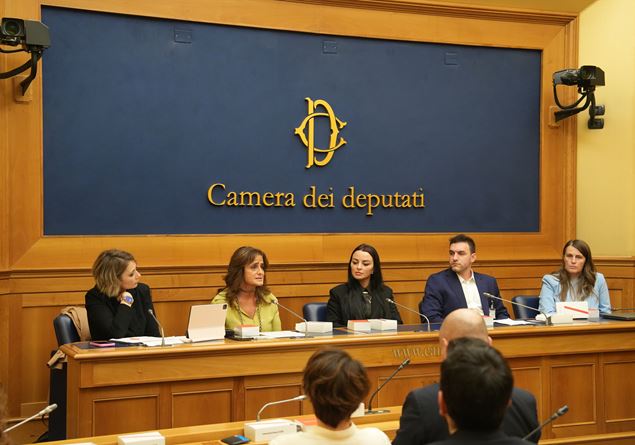In just a few minutes, crooks manage to trap hundreds and hundreds of victims with a fairly disturbing ease.
Your package could not be delivered, your bank account has a suspicious activity, you have won a voucher … These messages received daily by millions of French people hide an alarming reality. Behind these apparently harmless SMS develops a real scam industry which generates millions of euros in profits. The financial damages caused by these fraud attempts can reach several thousand euros by stripped victim! Today, these sophisticated scams touch all profiles and cybercriminals have refined their stratagems to the point of knowing your name, address, and even your purchasing habits to better trap their targets and maximize their earnings.
But how do these criminals manage to send trapped SMS massively without being spotted? TF1’s survey reveals a particularly ingenious method. The “spammers”, as they are called in their jargon, steal emergency SIM cards, present in elevators or on motorway terminals, and they also get supplies via ATMs of SIM cards which require no identity document. Once recovered, they connect these cards directly to a computer via a simple USB device and it is from there that their scam campaigns are being set up. SIM cards are unlocked and the crook can send hundreds of fraudulent messages in a few minutes to fond of new victims. This technique ultimately does not require any particular technical feat, only some basic and inexpensive equipment are enough for these manipulators.
Questioned by our colleagues, Centho, of the Twitch Centholebest, tracker of crooks on the internet, observed the evolution of these criminal techniques. “Theoretically, until the operator realizes that there is abusive use, we can speak of 400, 500 SMS in the space of a few minutes”he explains. Escs also take advantage of the famous large -scale data leaks, which have been able to occur in large companies and telephone operators like Free, Boulanger, France Work or the Family Allowance Fund, to target their victims. “In these data, we have the GPS position of people, their address, the city, all this.” This information is then sold on encrypted messaging.
Faced with this scourge that continues to develop, it is essential to remain vigilant. Never click on a link in an SMS of unknown origin, even if they seem to come from known companies. If in doubt about a package, consult the official transporter’s official website directly or contact the sender. Beware of urgent calls asking you to transfer money to a “secure” account: no bank proceeds. Finally, you can help fight this scourge by signaling any suspicious SMS to 33,700 by sending a screenshot. These reports allow telephone operators to block the SIM cards of the crooks after investigation. The site masecurite.nineur.gouv.fr also centralizes these reports at the government level.









